Publications
Articles, publications, books, tools and multimedia features from the U.S. Institute of Peace provide the latest news, analysis, research findings, practitioner guides and reports, all related to the conflict zones and issues that are at the center of the Institute’s work to prevent and reduce violent conflict.

Justifying the Means
Despite problems with past elections, upcoming elections in Afghanistan can facilitate its political transition, conclude the authors of a new study of Afghan public opinion. But to be helpful, the 2014 elections must include participation of as many key leaders and groups as possible, be tied to broader processes of political change, and symbolize a break with the pre-2001 past.
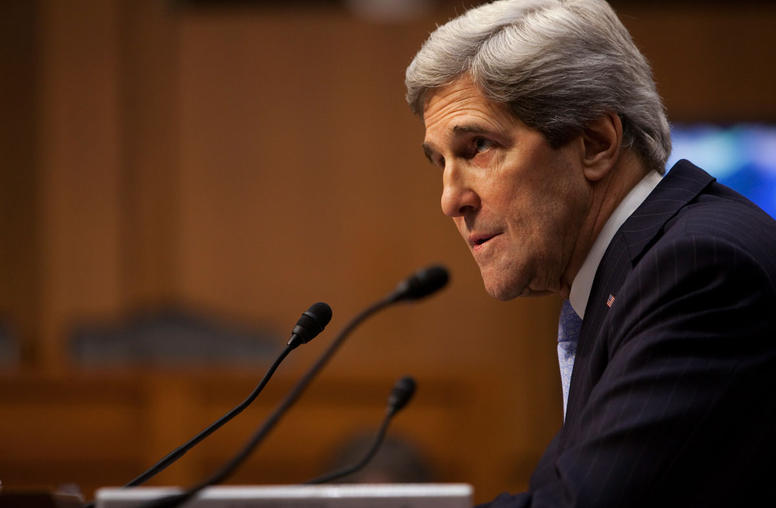
Arab World Holds Challenges for Kerry, U.S. Administration
USIP’s Daniel Brumberg explores two broad challenges that former Senator John Kerry faces during his first trip as secretary of state.
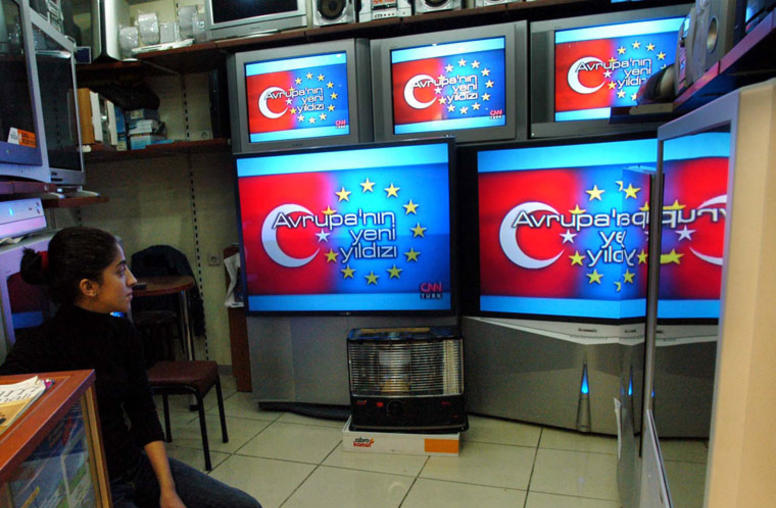
Stall in Turkey’s EU Accession Talks Calls for Alternative Approach
German Chancellor Angela Merkel’s visit to Ankara isn’t likely to significantly speed talks over Turkey’s accession to the European Union. But there might be an alternative to produce some movement in the meantime.
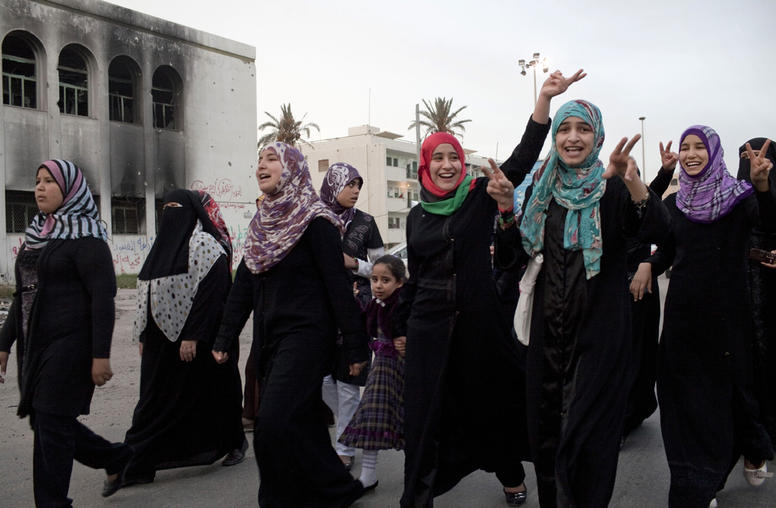
Strengthening Role of Women in Conflict Requires Support of Men
Daisy Khan, an activist for Muslim women’s rights, has a list – 10 practices related to women that are often carried out in the name of Islam. She and other panelists, including USIP experts, discuss ways to engage men in the cause of protecting and empowering women in conflict zones.
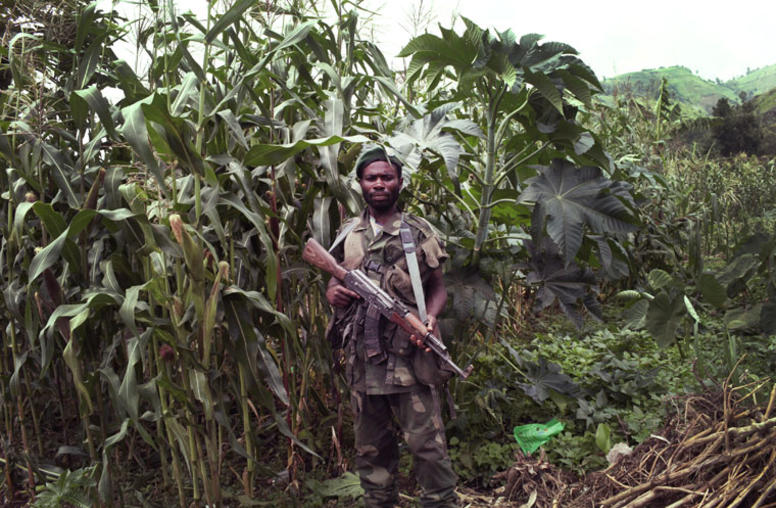
Eastern Congo: Changing Dynamics and the Implications for Peace
On February 22, 2013, the U.S. Institute of Peace convened a panel of experts to discuss recent developments in the war and their implications for peace. Raymond Gilpin, director of USIP’s Center for Sustainable Economies, was joined by John Prendergast and Sasha Lezhnev, both from the Enough Project who recently returned from the region, and Adotei Akwei of Amnesty International.
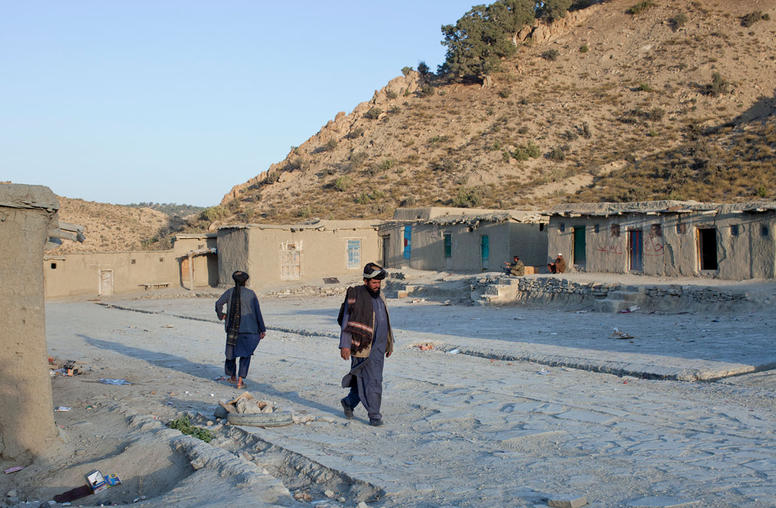
The Pakistan-U.S. Relationship: Does Everything Have to be a Big Deal?
USIP's Moeed Yusuf discusses the U.S.-Pakistani relationship and how important it is to lower the temperature of the rhetoric between the two countries.
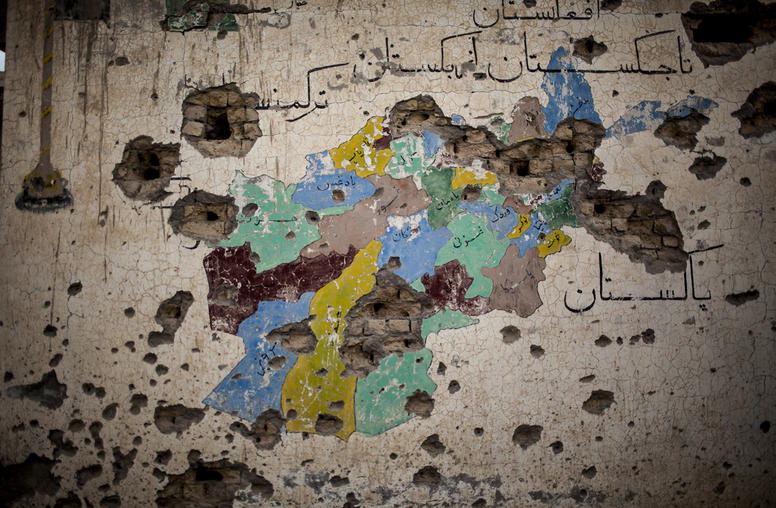
Afghanistan Land Conflicts Pit Nomads Against Villagers, Power Brokers Against Each Other
Beneath the ongoing war between the NATO-backed Afghan government forces and the Taliban, a whole other set of conflicts sizzles and occasionally bursts into flame. The often-fierce disputes boil down to one thing – the land under their feet.
A Passion for Clarity
In a recent blog posting entitled “The Anti-Lexicon of Peacebuilding,” British development expert Phil Vernon made a plea for peacebuilders to be as clear and complete as possible in their use of terminology, so as to avoid misdiagnoses.
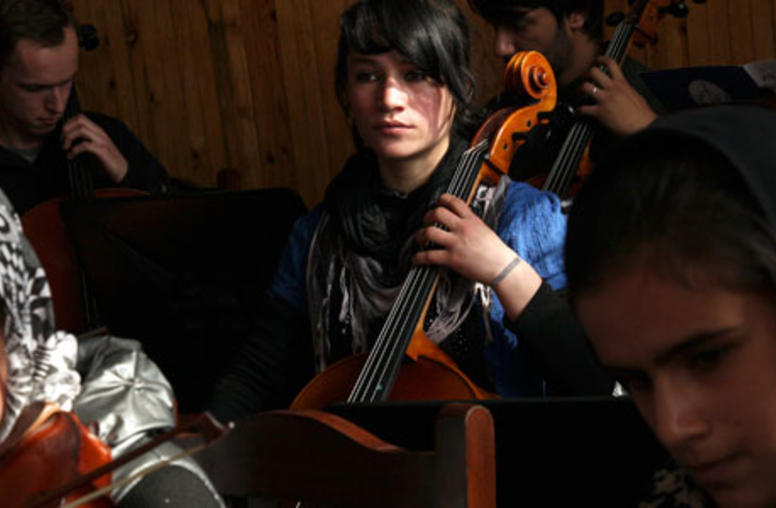
Kennedy Center Concert Highlights Music as a Source of Hope for Afghanistan’s Future
USIP’s Hodei Sultan reflects on the recent U.S. concert tour by youth ensembles from the new Afghanistan National Institute of Music.
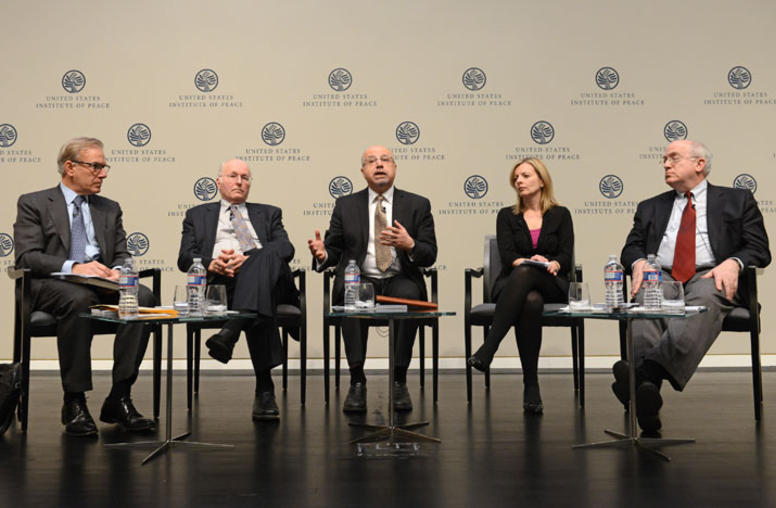
America’s Quest for Arab-Israeli Peace: What Lies Ahead
Three of the five authors of “The Peace Puzzle,” a new book published by the U.S. Institute of Peace (USIP), appeared at an Institute forum on February 19, sounding notes of pessimism about near-term peace prospects but also calling for U.S. leadership on the sort of preparatory work that can lift public expectations in the region out of its current despair and lay the groundwork for a future effort to negotiate a two-state solution to the Israeli-Palestinian dispute.